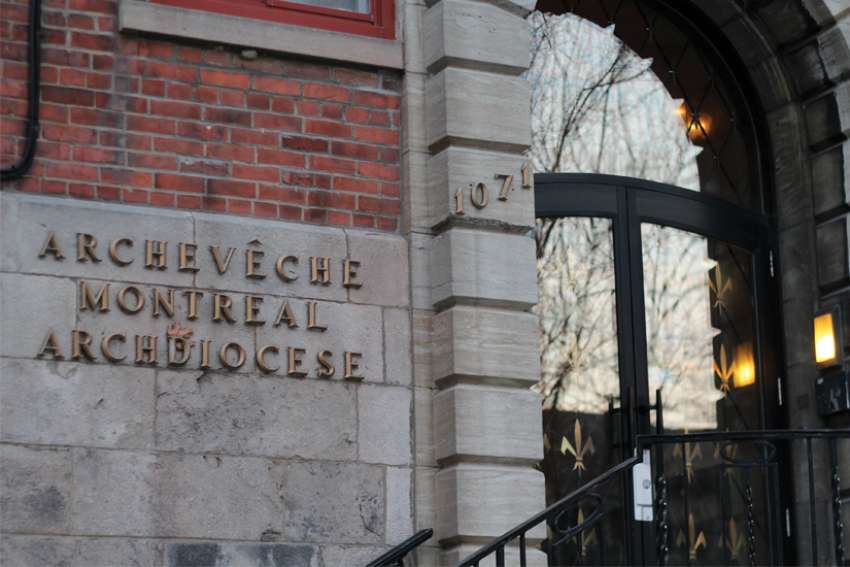Lawyers’ fees will shave off about 20 per cent — or more than $2.7 million — of that amount if Quebec Superior Court Justice Donald Bisson approves the $14.8 million class action agreement as anticipated. The rest will be shared by the plaintiffs in the suit.
Bisson’s approval is not guaranteed. In January 2022, a judge rejected as “excessive” the fees charged by the law firm of Arsenault, Dufresne, Wee in a class action against the Clerics of Saint-Viateur. The legal bill had to be chopped by $2.4 million before the court approved it. The same firm represents the plaintiffs in the suit against the Montreal archdiocese.
“Contrary to individual lawsuits, the court must verify that the settlement is in the best interests of all members,” said Virginie Dufresne-Lemire, a lawyer with Arsenault, Dufresne, Wee.
It won’t be known until June 5 exactly how many victims will be covered by the settlement. The suit was authorized May 2 but that started the clock on a 30-day opt-out period for class action members, which includes anyone sexually assaulted by a cleric or lay employee of the Archdiocese of Montreal between 1940 and the present.
Those who intend to bring an individual action against the archdiocese must remove themselves from the collective lawsuit. Dufresne-Lemire said because claimants are obliged to register with the Superior Court, the firm is unaware if anyone has decided to drop out. But she said doing so “is actually quite rare in these class actions.”
Assuming the judge grants approval, claimants must register in the class action to be eligible for a portion of the settlement. Dufresne-Lemire anticipates a 90-day period will be allowed for members to come forward. By contrast, in another large class action currently underway against the Archdiocese of Halifax, claimants have been given a full year to register.
“It has already been a long time for the (Montreal) victims to wait, and we have to take that into account,” Dufresne-Lemire told The Catholic Register.
Time-limits that leave claimants ineligible for a portion of a settlement, or to launch individual suits, is a reason lawyers such as Ontario attorney Rob Talach argue against class actions in sexual abuse cases.
“The big issue with class actions is that people have no idea they are members of the class,” says Talach, who has led several high-profile cases against clerical sexual abusers. “They don’t get caught by the announcements. If you miss any of the deadlines, your rights are expired.”
An unintended consequence of the Montreal archdiocese’s efforts to construct a “victim-centred” complaints structure is that some claimants are confused as to where and how they register their status. In 2021, the archdiocese hired lawyer Marie Christine Kirouack to act as an ombudsman. A phone line was established for those who wished to make a complaint of any kind of abuse by clergy or employees of the archdiocese.
But Dufresne-Lemire says the firm has received calls from claimants saying they have already signed-up to the settlement because they left a voice message with the ombudsman.
“When they call (the ombudsman), they think they have registered to the class action. They did not. They only talked with the defendant,” said Dufresne-Lemire, adding the firm plans to raise awareness of the issue. “We do not want anyone to lose their rights because of that misunderstanding.”


